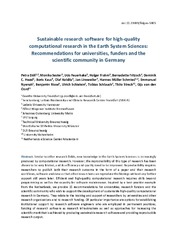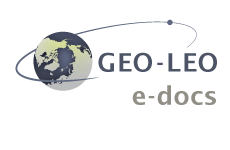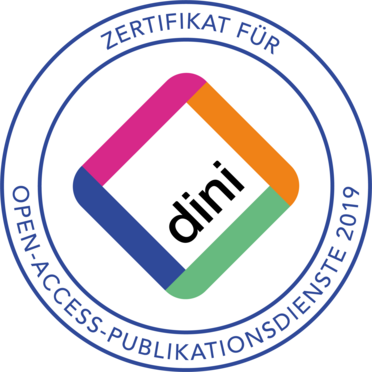Sustainable research software for high-quality computational research in the Earth System Sciences: Recommendations for universities, funders and the scientific community in Germany
Sester, Monika
Feuerhake, Udo
Frahm, Holger
Fritzsch, Bernadette
Kaus, Boris
Kolditz, Olaf
Linxweiler, Jan
Müller Schmied, Hannes
Nyenah, Emmanuel
Risse, Bernjamin
Schielein, Ulrich
Schlauch, Tobias
Streck, Thilo
van den Oord, Gijs
Monografie
Englisch
Förderer: Deutsche Forschungsgemeinschaft, Rundgespräch DO 737/22-1
Döll, Petra; Sester, Monika; Feuerhake, Udo; Frahm, Holger; Fritzsch, Bernadette; Hezel, Dominik C.; Kaus, Boris; Kolditz, Olaf; Linxweiler, Jan; Müller Schmied, Hannes; Nyenah, Emmanuel; Risse, Bernjamin; Schielein, Ulrich; Schlauch, Tobias; Streck, Thilo; van den Oord, Gijs, 2023: Sustainable research software for high-quality computational research in the Earth System Sciences: Recommendations for universities, funders and the scientific community in Germany. 10 S., DOI: https://doi.org/10.23689/fidgeo-5805.
 |
Dokument öffnen: |
Similar to other research fields, new knowledge in the Earth System Sciences is increasingly produced by computational research. However, the reproducibility of this type of research has been shown to be very limited, and its efficiency and quality need to be improved. Reproducibility requires researchers to publish both their research outcome in the form of a paper and their research workflows, software and data so that other researchers can reproduce the findings without any further support still years later. Efficient and high-quality computational research requires skills beyond programming as well as the capacity for software maintenance. Inspired by a best-practice example from the Netherlands, we provide 15 recommendations for universities, research funders and the scientific community who wish to support the development of sustainable high-quality computational research in Germany. They relate to the training and support of researchers by universities and other research organizations and to research funding. Of particular importance are options for establishing institutional support by research software engineers who are employed in permanent positions, funding of research software as research infrastructure as well as approaches for increasing the scientific merit that is achieved by producing sustainable research software and providing reproducible research output.

